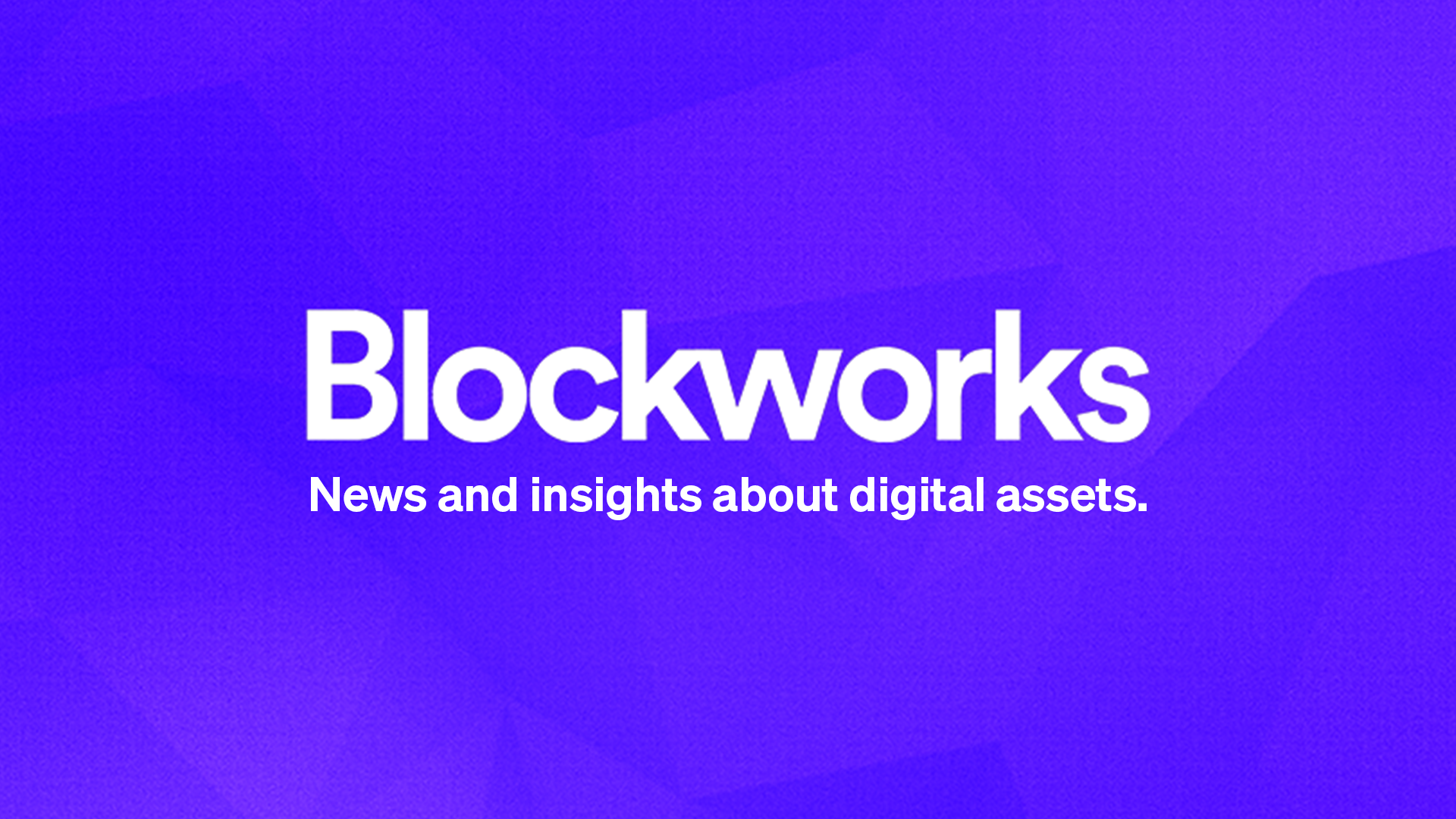ARTICLE AD BOX
Today, enjoy the 0xResearch newsletter on Blockworks.co. Tomorrow, get the news delivered directly to your inbox. Subscribe to the 0xResearch newsletter.
Kraken launches kBTC wrapped bitcoin competitor
Big launches in the onchain world this week.
More challengers are gunning for BitGo’s wBTC market share as Kraken plans to roll out its own wrapped bitcoin product, kBTC. The ERC-20 token will be available on Ethereum and Optimism.
kBTC will be backed 1:1 by bitcoin held at Kraken Financial, a Wyoming-chartered Special Purpose Depository Institution, and will carry full proof-of-reserves onchain.
Kraken’s move comes just after its rival centralized exchange Coinbase launched its own cbBTC on Ethereum and Base a month ago.
Despite market predictions that BitGo would lose its wBTC market share, wBTC’s total market cap has stayed relatively stable at $10 billion since the introduction of cbBTC, which itself has scaled to a $463 million market cap.
Karak launches V2 mainnet
Founded by ex-Coinbase and Risk Harbor (a Terra-based risk management platform) employees Raouf Ben-Har and Drew Patel, Karak is the third largest restaking protocol by TVL ($554 million). Today, it launched its v2 mainnet.
Karak v2 will notably introduce slashing, a way to penalize the stake of operators that fail to comply with DSS’s (distributed secure services; the equivalent of an EigenLayer AVS) rules. This makes Karak the first restaking protocol to do so.
Karak was the first restaking protocol to enable the use of non-ETH assets for restaking. This feature was later adopted by Symbiotic and more recently EigenLayer, marking a complete shift away from the industry’s exclusive restaking of ETH.
Fuel launches Ignition rollup
Another Ethereum L2 joins the fray. The optimistic rollup Fuel Network announced on Wednesday the launch of “Ignition” v1 mainnet.
Ignition runs on its own programming language, Sway and FuelVM, an alternative execution layer to the EVM. The new rollup will employ a UTXO-based transaction model and use the Ethereum L1 for data availability. It claims to run about 21,000 TPS per core at a one-second blocktime, in contrast to Ethereum L1’s 12-second blocktime.
Before Ignition, Fuel’s claim to fame was based on its Fuel v1 rollup, the first rollup to achieve “Stage 2” security in 2020. Based on L2Beat’s framework, Stage 2 indicates a permissionless fraud proof system and the ability for users to have at least 30 days to offload assets from the rollup in the event of upgrades. To date, only the DeGate v1 rollup has achieved Stage 2 status.
Ignition will begin at a Stage 0 rating at launch, though “it will rapidly move toward Stage 1 and then eventually Stage 2,” its blog claims.
Chart of the Day
PYUSD supply tapers off:
The market cap of PayPal’s PYUSD stablecoin has tapered off from its late August highs of $1 billion to about $604 million today. PYUSD’s rapid growth in July was largely driven by millions in incentives. In mid-August, PYUSD deposits on Kamino yielded a 17.6% APY, in comparison to about 5.7% today. The value is still marginally higher than the 4.6% supply APYs on Aave today, but with incentives drying up, it’s no surprise that farmers have moved on from PYUSD.
Start your day with top crypto insights from David Canellis and Katherine Ross. Subscribe to the Empire newsletter.
Explore the growing intersection between crypto, macroeconomics, policy and finance with Ben Strack, Casey Wagner and Felix Jauvin. Subscribe to the Forward Guidance newsletter.
Get alpha directly in your inbox with the 0xResearch newsletter — market highlights, charts, degen trade ideas, governance updates, and more.
The Lightspeed newsletter is all things Solana, in your inbox, every day. Subscribe to daily Solana news from Jack Kubinec and Jeff Albus.
 10 months ago
460250
10 months ago
460250









 English (US) ·
English (US) ·